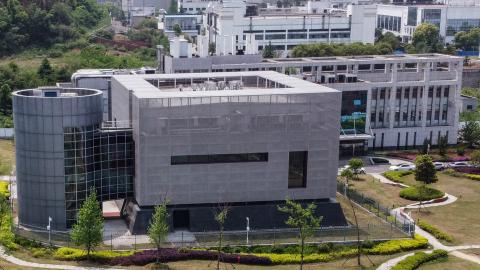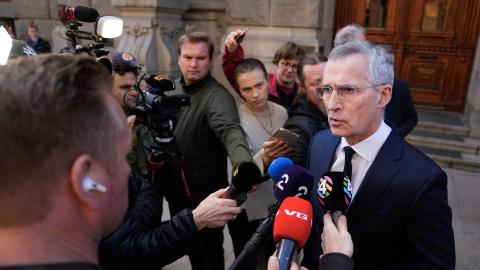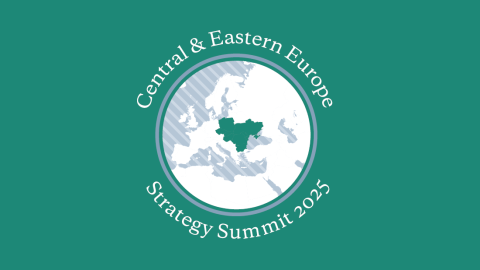Hugo Chávez and his cronies must have been very happy with President Obama's first State of the Union address, which completely ignored the challenges to democracy in Latin America. Obama cited the brave Iranian activists who are fighting for freedom in the streets of Tehran, if only very briefly, but he failed to mention the tens of thousands of Venezuelans who have gathered in Caracas and other cities over the past week to protest against the failed policies of a dictatorship. The demonstrations in Venezuela are ongoing, yet Obama did not see fit to discuss them.
The president did comment on the reconstruction efforts in Haiti, and he did promise to "strengthen our trade relations in Asia and with key partners like South Korea and Panama and Colombia." But that was the sum total of his references to Latin America and the Caribbean.
When it comes to promoting free trade, talk is cheap. For the past year, Obama administration officials have voiced their desire to finalize the FTAs with Panama and Colombia. But guess what? Nothing has happened, because congressional Democrats have refused to budge. Last night, when Obama made his pledge to "strengthen our trade relations," the only lawmakers who strongly applauded were Republicans.
Back in May, I praised President Obama for shifting his position on Panama, Colombia, and the North American Free Trade Agreement. But the president never made Panama and Colombia a top priority. He never forcefully challenged his fellow Democrats to support free trade. Given Obama's timidity, it is not surprising that the FTAs remain stalled in Congress.
President Clinton bucked his own party to pass NAFTA. Twelve years later, President Bush fought aggressively for the Central American Free Trade Agreement. As Fred Barnes wrote in The Weekly Standard after the July 2005 House vote on CAFTA: "Bush worked harder for CAFTA--and stayed up later--than he had for the vote in 2003 on his Medicare prescription drug benefit. The White House, indeed Bush's entire administration, was mobilized for this vote. For days, Bush met with House members individually and in small groups. He traveled to Capitol Hill to address the House Republican conference on the morning of the vote, speaking passionately for nearly 45 minutes with no notes, then answering a dozen questions. [Karl] Rove was deeply involved, too, making calls and office visits and having lunch with one House member whose vote was critical."
Is President Obama willing to work that hard to pass the Panama and Colombia deals? So far, the answer is no.

















